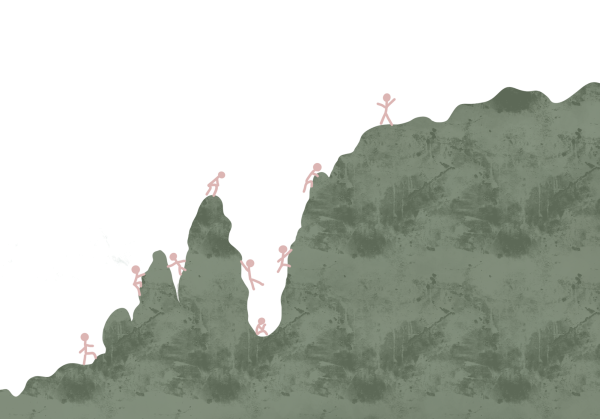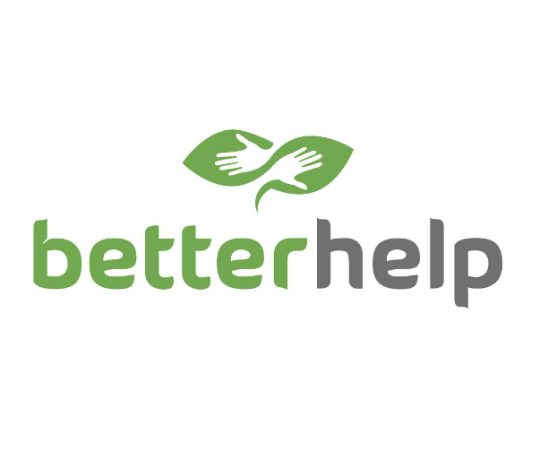Heart pounding, you open Collegeboard to check your SAT score, and as the number on the screen tells you that the score is far lower than you had imagined, you feel an ache in the pit of your stomach starting to churn. The anticipation immediately shifts to disappointment in light of the score, but you tell yourself that there will be other chances. You continue studying and take it again, only to see a similar score staring back at you.
It’s easy to feel disappointed, and just as easy to conclude that you’re failing purely because you haven’t improved. After all, society expects constant upward trends when it comes to self-improvement, whether that be in SAT scores, relationships, grades or jobs.
This expectation of linear progression is the “idea that we should always be reaching for more, always aiming to achieve the next thing,” according to American College of Emergency Physicians. A line does not stagnate or move backwards, and linear progression assumes that people do not either. Constantly measuring oneself to this standard – and associating not meeting it with inherently lacking in some sort of way – can be incredibly hurtful.
It’s convenient to think of progress as a straight line. We envision a gradual, upward trajectory, in which every effort we put in leads us one step closer to our objectives. This notion, while motivating, can also be daunting. It sets unrealistic and unnatural expectations and discourages us when we encounter setbacks or plateaus along the way.
According to ACEP, “if our lives, relationships, or careers suddenly become stagnant (and, at some point in our lives, they all will) or worse, something begins to slip toward what we perceive as ‘backward,’ we can become depressed and overcome with feelings of inadequacy.” Expecting constant improvement can function as a stimulus for success, but consistent improvement is, in most cases, not realistic — and assuming otherwise can lead to feeling inadequate for being unable to reach that unreasonable standard.
The reality is that growth is less of a linear line than one of valleys and hills, not devoid of unexpected twists and turns and sometimes even stagnation. Growth can be
cyclical, often being two steps forward and one step back rather than simply a step forward. Charts of linear upward trajectory almost never apply to a person, and embracing a nonlinear path of growth is not only liberating but also essential to actually grow.
Milestones Counseling and Consulting Services states that “your growth may not look like everyone else’s — it may not look like anyone else’s journey — but that doesn’t mean it isn’t valid. It means you are traveling your own path.” Different people grow and learn at different rates, so comparing ourselves with other people’s growth is also not an accurate reflection of the rate or frequency at which we should be improving.

Understanding how we can grow, what we can do to grow and what that growth is going to look like is the first step on the path to personal growth. Self-help books, podcasts, seminars and online courses are all resources through which we gain a deeper insight into our growth patterns and our approach to self-improvement, and “help [us] develop the skills and tools [we] need to navigate life’s challenges” (Jenmarie Counseling). No one is born knowing everything or understanding themselves perfectly, and these resources can assist in cultivating that cognizance.
So if you feel as though your test scores are plateauing rather than improving as fast as you feel they should, don’t immediately resort to feeling like you are not enough. Take some time to understand the way you personally learn and grow and approach the next class or test trying your personal best, rather than trying to meet someone else’s standards.













